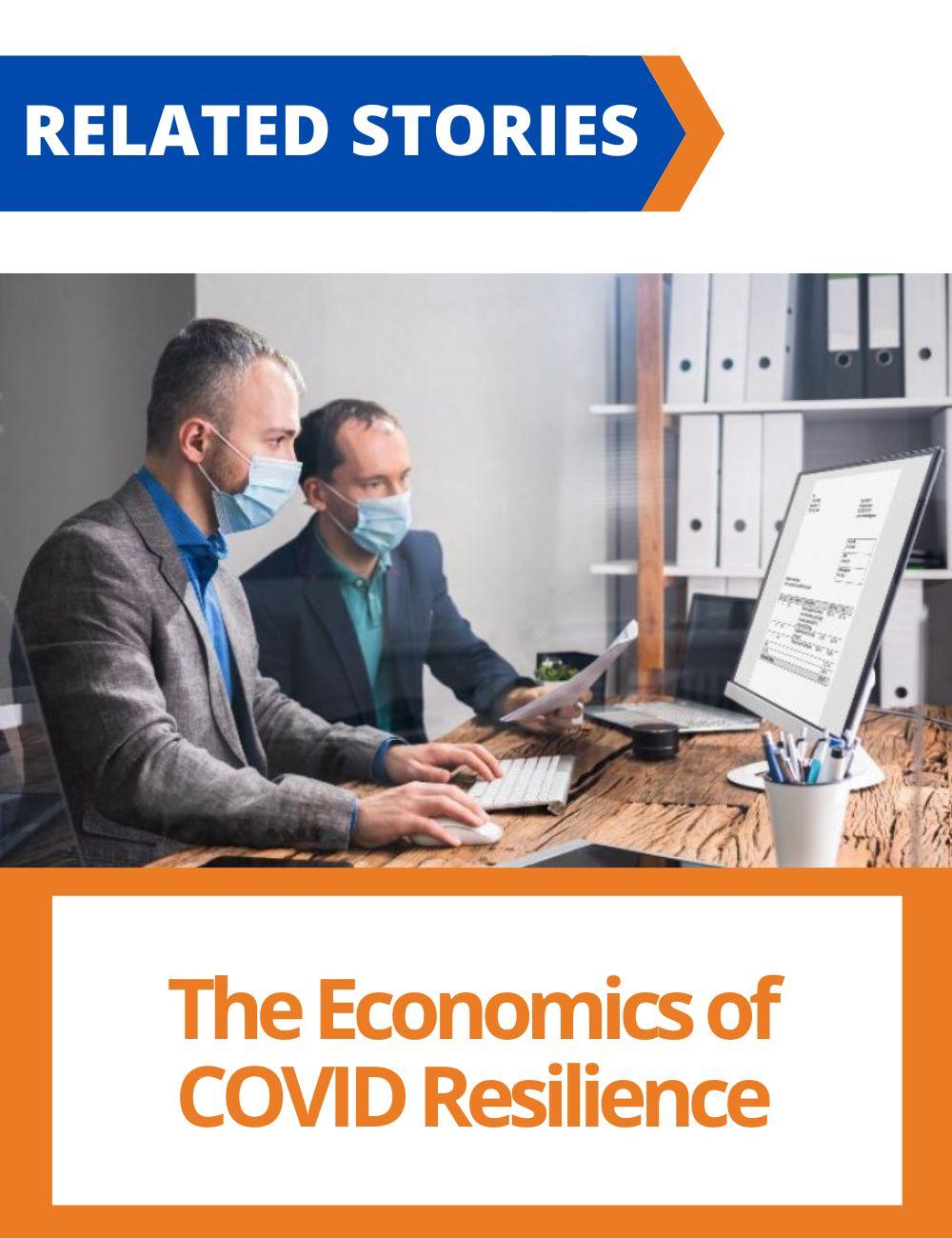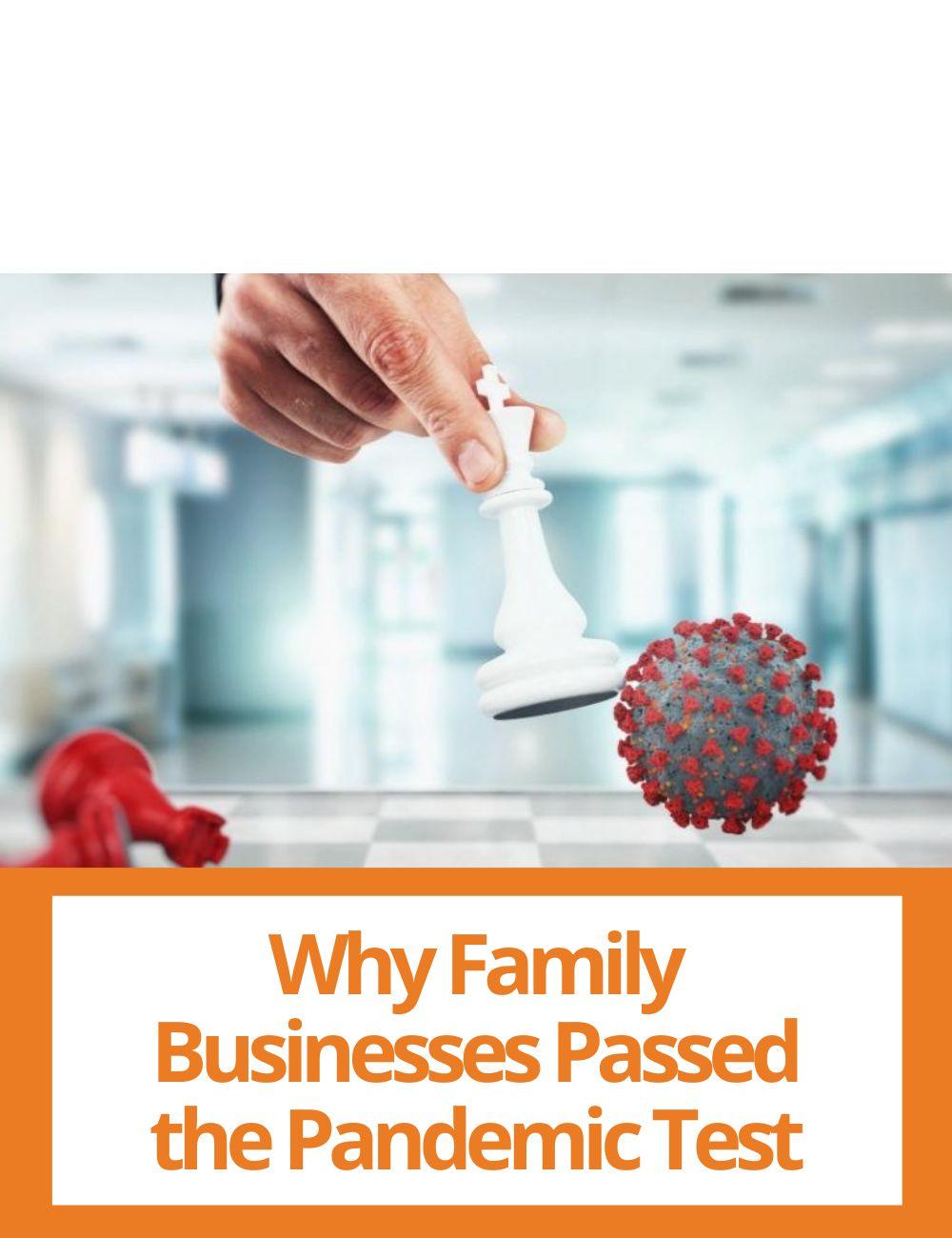
Why Family Businesses Are More Resilient
Scholarly literature often repeats that family businesses are able to absorb shocks and revive better than others – in other words, that they are more resilient – but without identifying all the determinants of this characteristic, in particular neglecting those related to the family. An analysis conducted by Bocconi, UniCredit and AIDAF, The Resilience of Family Businesses and Entrepreneurial Families, finds the reason in the interaction between the resilience of the business and the resilience of the entrepreneurial family.
Through a questionnaire and individual interviews with 146 top managers of Italian family businesses (94 percent of whom are members of the entrepreneurial family), scholars from the AIDAF-EY Chair in Strategic Management in Family Business in Memory of Alberto Falck identify certain features of the top management team (TMT) as the main determinant of resilience. The effects of these features are, in addition, amplified by corresponding characteristics of the entrepreneurial family, thus determining the greater resilience of family firms.



In the analysis, conducted in recent months, scholars identify the decisive TMT traits in determining business resilience in facing the pandemic crisis and group them into three categories:
| • TMT worldview (positive view of the impact of COVID on business and entrepreneurial orientation); | |
| • TMT characteristics (mutual support and variety of backgrounds); | |
| • business communication and relations (effective decision-making processes and presence or absence of conflicts between heirs after the last generational transition). |
These qualities, in the model designed by the researchers, translate into better strategic decisions on innovation, M&A, and social investment. Such decisions, in turn, result in better business outcomes.
The resilience of the entrepreneurial family turns out to depend on:
| • family worldview (ability to cope with adversity, positive worldview, and shared deep values); | |
| • family characteristics (family flexibility and intensity and quality of family relationships); | |
| • family communication and relations (clarity and transparency in relations and collaboration in decision making). |
"The family's ability to cope with adversity, for example," said Fabio Quarato of the AIDAF-EY Chair, "strengthens the impact of the TMT's entrepreneurial orientation on innovation, enables continued investment in CSR even when growth prospects are not optimal, and mitigates the negative impacts of heir conflicts."
In another example, family flexibility (ability to adapt to change) succeeds in safeguarding employment and it incentivizes socially responsible investment and innovation, especially when it intersects with a strong diversity of TMT background.
"A key aspect that emerged strongly," concluded Guido Corbetta, holder of the AIDAF-EY Chair, "is that discontinuities often occur as processes, not as one-off events, and families have the opportunity, and in a sense the responsibility, to prepare in time. In many interviews, entrepreneurs told us how families train themselves to deal with unforeseen events all together, even through experiences as simple as an intentionally unplanned vacation."
"This important analysis confirms the undeniable strength of family businesses. Having a family that energizes the business is an added value that involves all the company's activities. At AIDAF, we observe this reality every time we meet," said Francesco Casoli, President of AIDAF - Italian Family Business.
"With the UniCredit Wealth Management team, we personally interviewed nearly 150 entrepreneurs to delve into more qualitative elements about the reactions and plans put in place by companies following shocks or major discontinuities. We listened to entrepreneurs and appreciated the resources that families extract from their DNA in dire times. Only by listening we are able to offer truly tailored solutions to our clients, with services and products geared toward the management of sensitive issues such as family governance, generational transition, and business advisory, leveraging the potential of our Group network," said Renato Miraglia, Head of Wealth Management Italy, UniCredit.